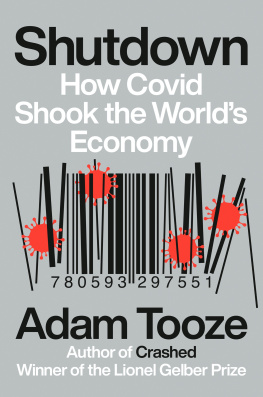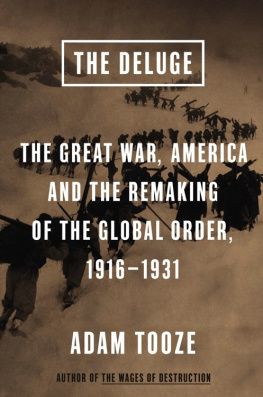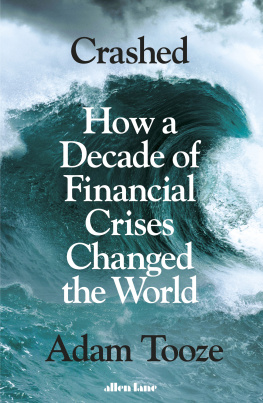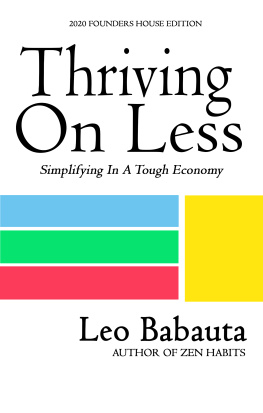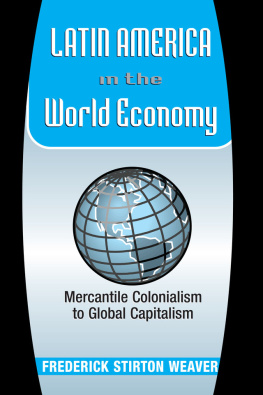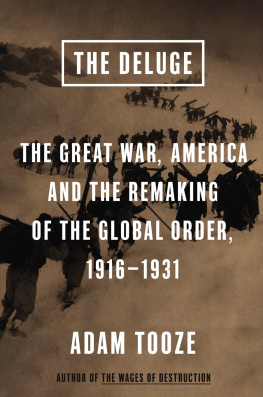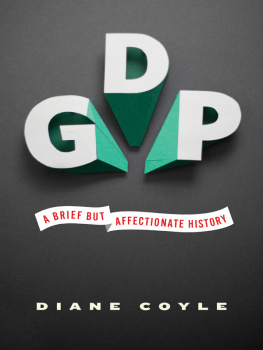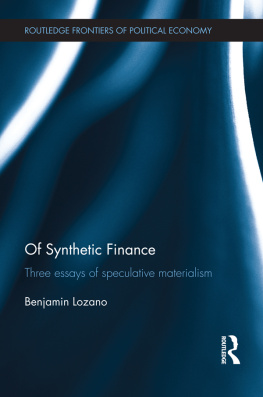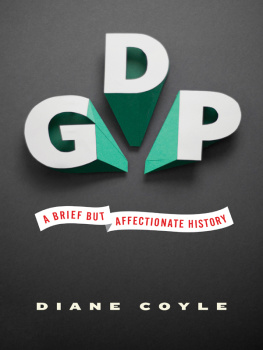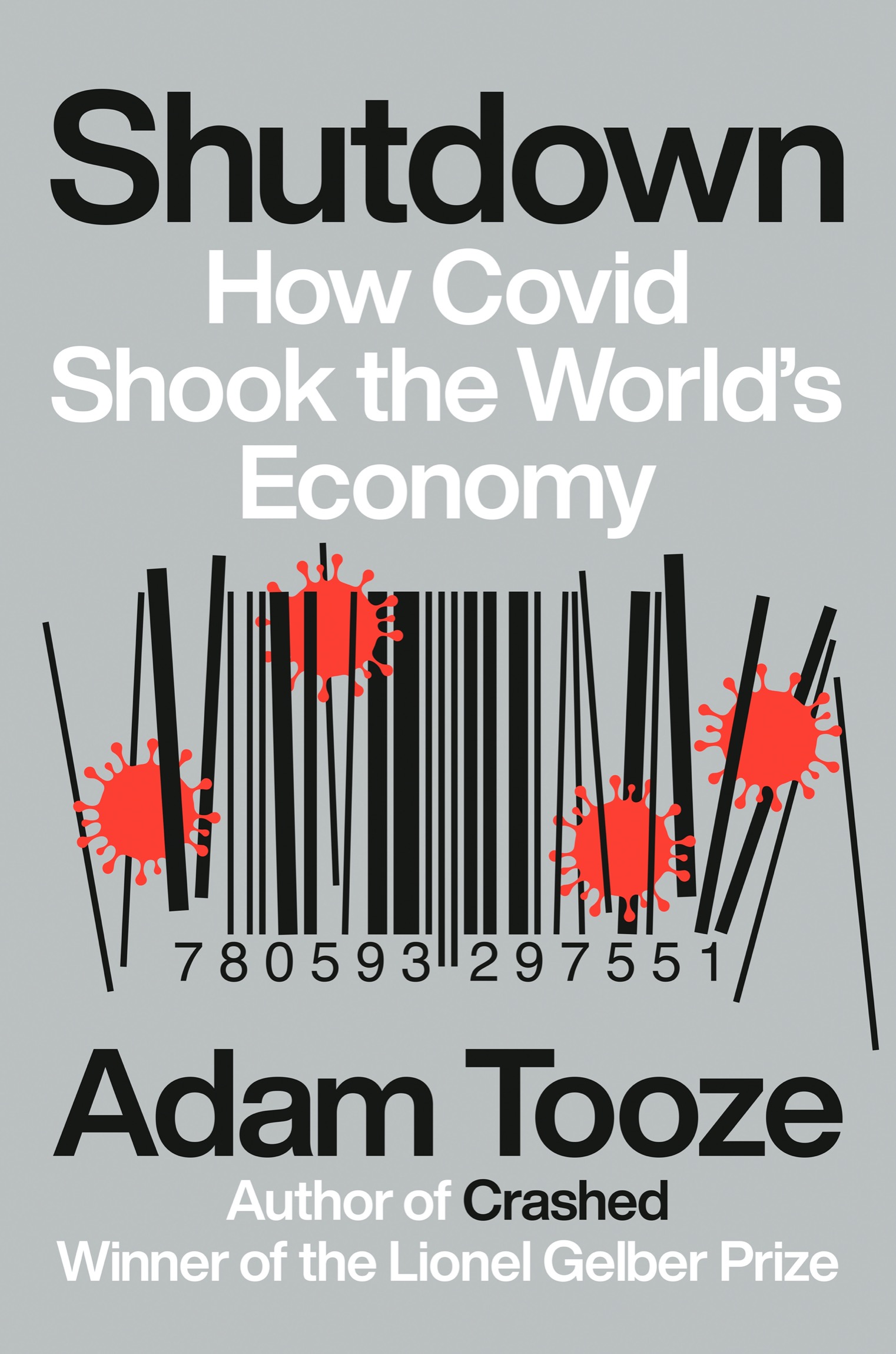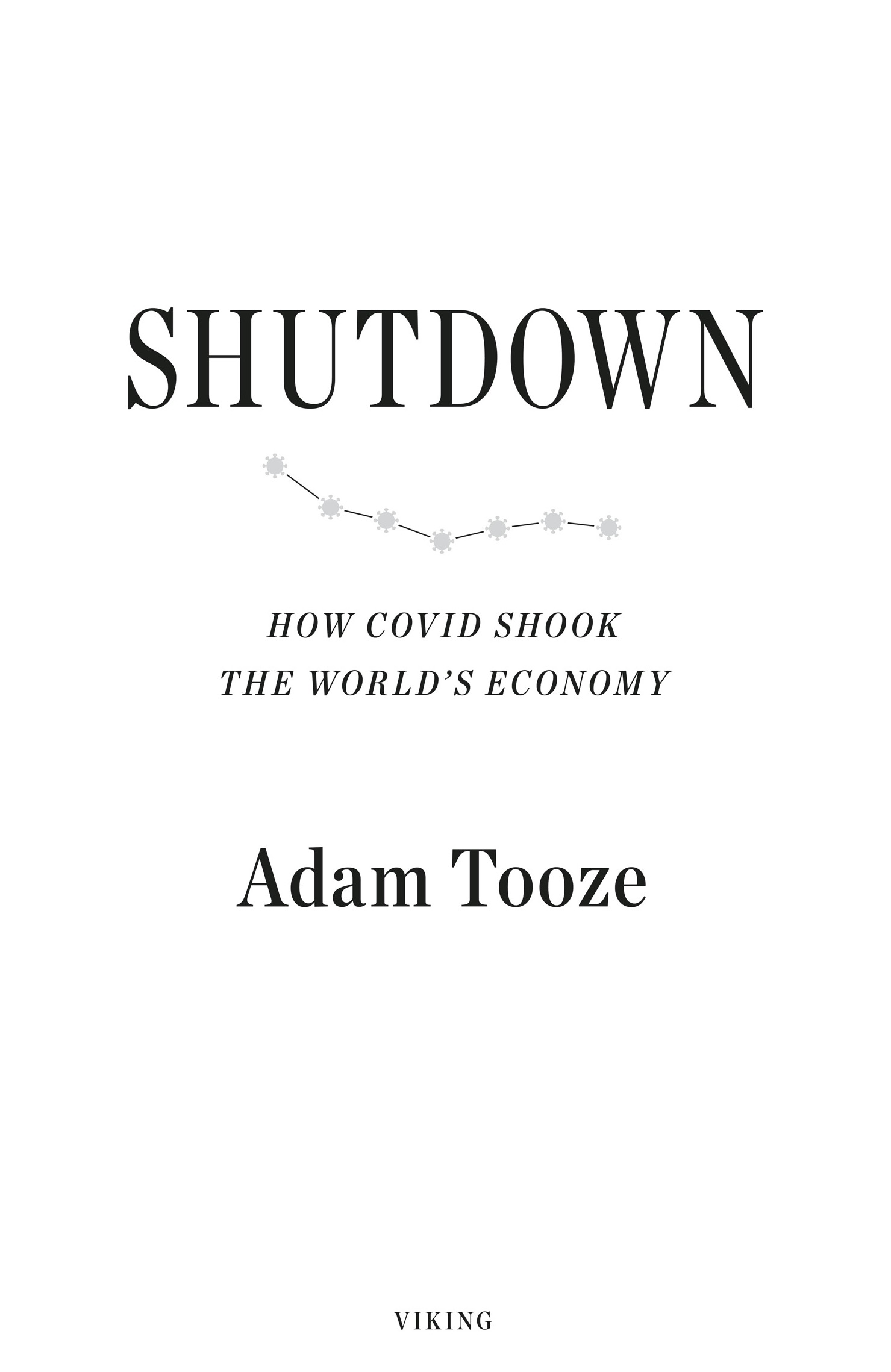Penguin supports copyright. Copyright fuels creativity, encourages diverse voices, promotes free speech, and creates a vibrant culture. Thank you for buying an authorized edition of this book and for complying with copyright laws by not reproducing, scanning, or distributing any part of it in any form without permission. You are supporting writers and allowing Penguin to continue to publish books for every reader.
Names: Tooze, J. Adam, author.
Title: Shutdown : how COVID shook the worlds economy / Adam Tooze.
Description: New York City : Viking, 2021. | Includes bibliographical references and index.
Identifiers: LCCN 2021016843 (print) | LCCN 2021016844 (ebook) | ISBN 9780593297551 (hardcover) | ISBN 9780593297568 (ebook) | ISBN 9780593489345 (international edition)
Subjects: LCSH: Financial crisesHistory21st century. | COVID-19 (Disease)Economic aspects. | COVID-19 (Disease) Social aspects. | Economic history21st century.
Classification: LCC HB3722 .T655 2021 (print) | LCC HB3722 (ebook) | DDC 330.9/052dc23
Book design and graph illustrations by Daniel Lagin, adapted for ebook by Cora Wigen
For our traveling friends.
Acknowledgments
This book wasnt planned. I am even more grateful than usual to Sarah Chalfant and James Pullen, of the Wylie Agency, who rallied behind the idea of doing a 2020 book, and to Wendy Wolf and Simon Winder, my U.S. and UK editors, for making Shutdown happen. It has been an unusually rapid and intense collaboration. Thanks to Terezia Cicel and the entire production team for getting it done. A special thank-you to Detlef Felken of Beck, with whom this is my first book.
Graham Weaver was invaluable in helping me finish the manuscript on time. I would not be able to manage my digital life without the support of Kate Marsh. I am deeply in their debt.
2020 was a year of furious debate and discussion. Twitter buddies too numerous to mention will recognize moments of wonky ping-pong in the following pages, none more so than the phenomenon that goes by the name of Albert Pinto, aka @70sBachchan.
At Foreign Policy, my editor, Cameron Abadi, has been an ideal collaborator and sounding board. Thank you, Jonathan Tepperman, for taking me on. Thank you to Jonathan Shainin, Yohann Koshy, and David Wolf at The Guardian, Paul Myerscough at the London Review of Books, and Henning Meyer and Robin Wilson at SocialEurope.com.
As the manuscript emerged, I was lucky once again to have the intellectual comradeship of a group of friends to whom, over the years, I have accumulated intellectual debts I can no longer sensibly enumerate. To have Matt Inniss, Ted Fertik, Stefan Eich, Nick Mulder, Barnaby Raine, and Grey Anderson as first readers is truly a privilege. They will see the imprint of their comments all over this book. I am particularly indebted to Daniela Gabor for her indispensable technical guidance on several key chapters, given incisively and at short notice. If this book adds something to the collective project of critical microfinance, Daniela deserves most of the credit.
All year I have learned from workshops and seminars organized by Joerg Haas at the Heinrich Boell Stiftung in the context of the Transformative Responses project. The online central banking salon orchestrated by Leah Downey and Stefan Eich has been a joy. It has been a treat to talk with Paul Tucker. Keith Breckenridge brought together a remarkable group of colleagues for three online seminars based around WiSER, the Wits Institute for Social and Economic Research, University of the Witwatersrand. Thank you to Jakob Vogel, my old Berlin friend, for a great seminar at the Centre Marc Bloch. Martijn Konings convened a super panel at Sydney University for the Wheelwright Lecture. I gained a huge amount from an ad hoc roundtable with Vera Songwe and Bartholomew Armah of UNECA. Josh Younger has educated me about bond markets and Lev Menand about the Fed. Megan Greene has taught me about dual interest rates. Robin Brooks and the team at the IIF are an essential source of data and analysis. The graphics in this book bear their imprint.
For fascinating conversation across the year, I would like to thank, in no particular order, Eric Levitz, Gilliant Tett, David Pilling, Gideon Rachman, Michael Pettis, Robert Harris, Georg Diez, Karin Pettersson, Joe Weisenthal, Tracey Alloway, Nathan Tankus, Benjamin Braun, Mark Sobel, Rohan Grey, Alex Doherty, Mark Schieritz, Menaka Doshi, Brad Setser, Ezra Klein, Elisabeth von Thadden, Ben Judah, Matt Klein, Jordan Schneider, Helen Thompson, David Runciman, Hugo Scott-Gall, Lisa Splanemann, Eric Graydon, David Wallace-Wells, Aaron Bastani, Lee Vinsel, Kaiser Kuo, Noah Smith, Ian Bremmer, Wolfgang Schmidt, Ole Funke, Moritz Schularick, David Beckworth, Christian Odendahl, Ewald Engelen, John Authers, Luis Garicano.
I happened to be on leave in the first half of 2020, for which I am grateful to Columbia University. At the time, Adam Kosto was serving as departmental chair. I would like to express my sincere gratitude to him for what he did for our department. Adam is not just a fabulous scholar. He is an extraordinary academic leader: cheerful, determined, clearheaded, focused on the stuff that should ground an academic departmentideas and books. We need people like Adam. We are lucky if we find them in the right place at the right time.
The 2020 shock went deep, touching practically everyone in the world in their everyday lives, disrupting life plans and the delicate arrangement of our family lives. Every one of my books for the last twenty years has been entwined with the stages of my daughter Edies growing up. This is the first I have written about a shock that touched her life, along with my own and that of everyone we know and care about. One of the ways I felt the shock most deeply was through Edie, as a parent. Ill never forget the hasty evacuation of her dorm room and the weird, becalmed weeks that followed. The year was miserable for so many young people all over the world. A year spent in lockdown is an irreplaceable loss. You cant get your second year of college back. I am deeply impressed by how Edie and her peers have made the best of it.
As for my own coping, I owe a huge debt to two therapists, Dr. Donald Moss and Dr. Montie Mills Meehan. Though life coaching is the very least of what good therapy does for you, I am not at all sure I would have been able to write this book without them. I am very fortunate that I did not have to try.
The worst thing in 2020 was to be alone. I never was. There were swarms of friends and family in countless Zoom calls. Kudos to my cousin Jamie for pulling the extended Wynn-Tooze clan together. Great to reconnect with James Thompson and Max Jones. There were memorable chats with Paul Solman, David Edgerton, Hans Kundnani, and Danilo Scholz.

